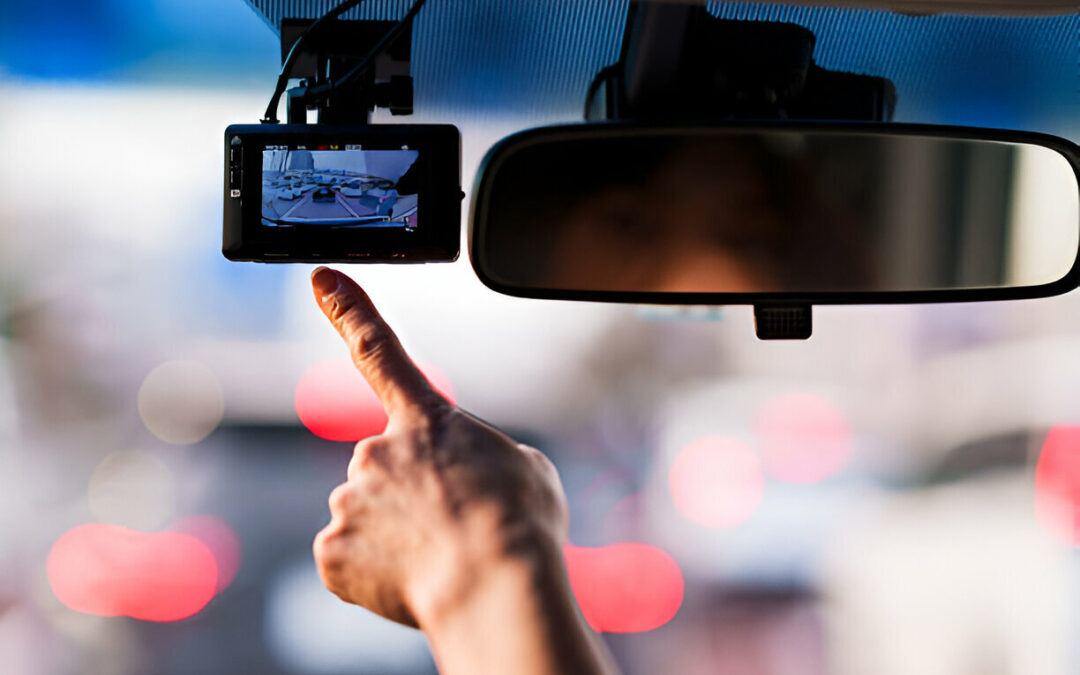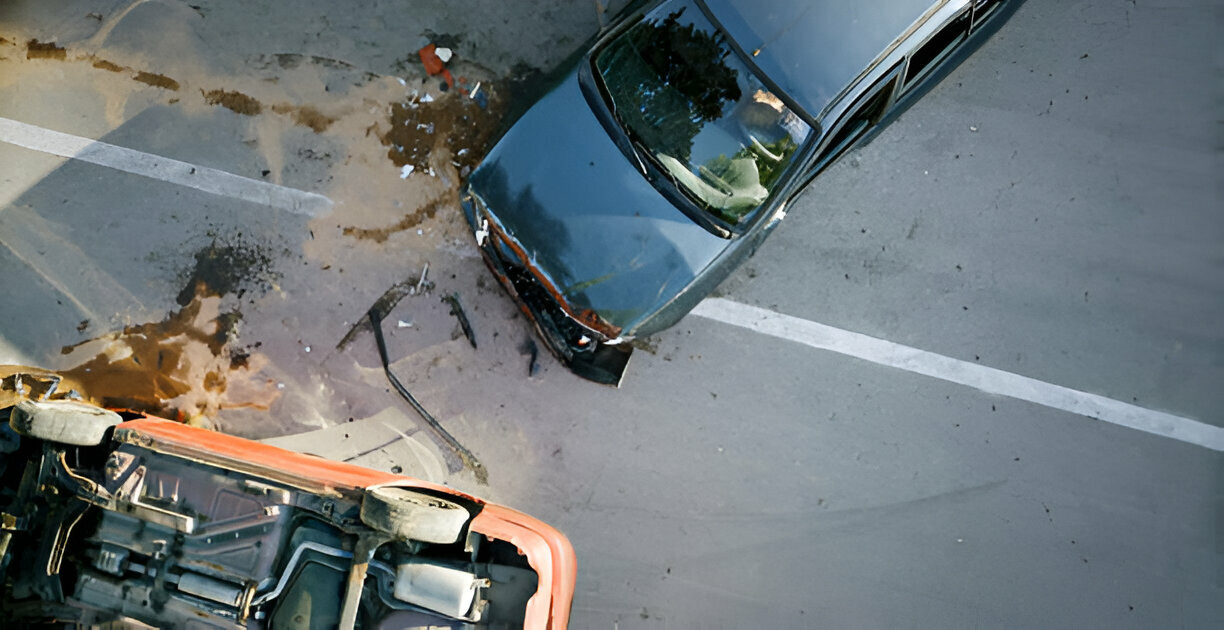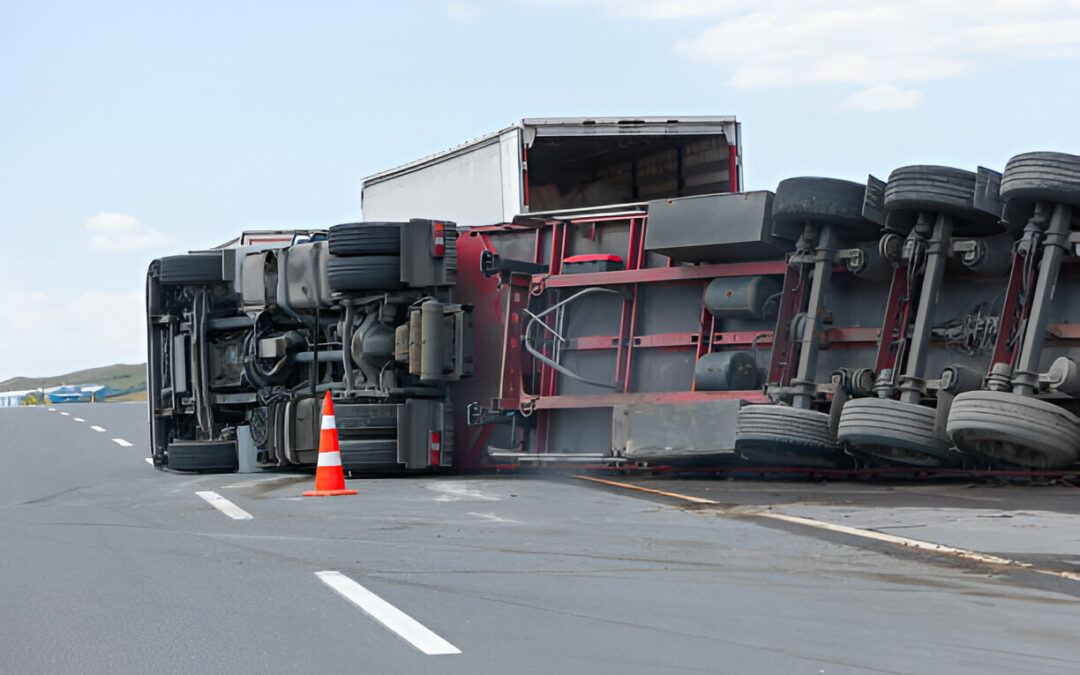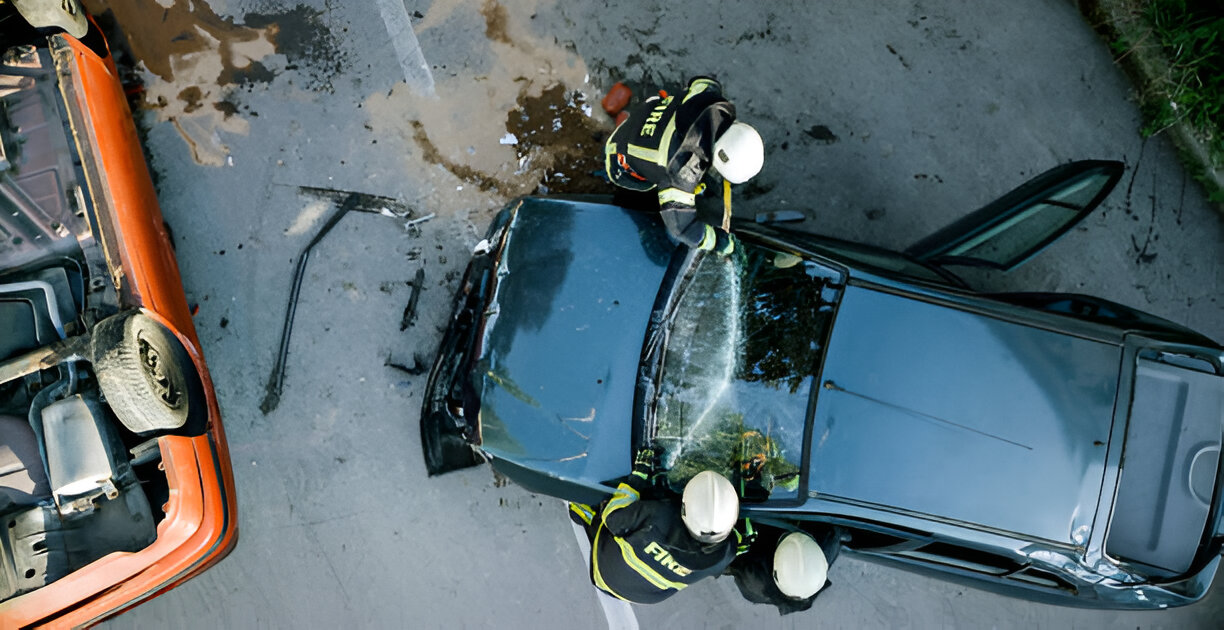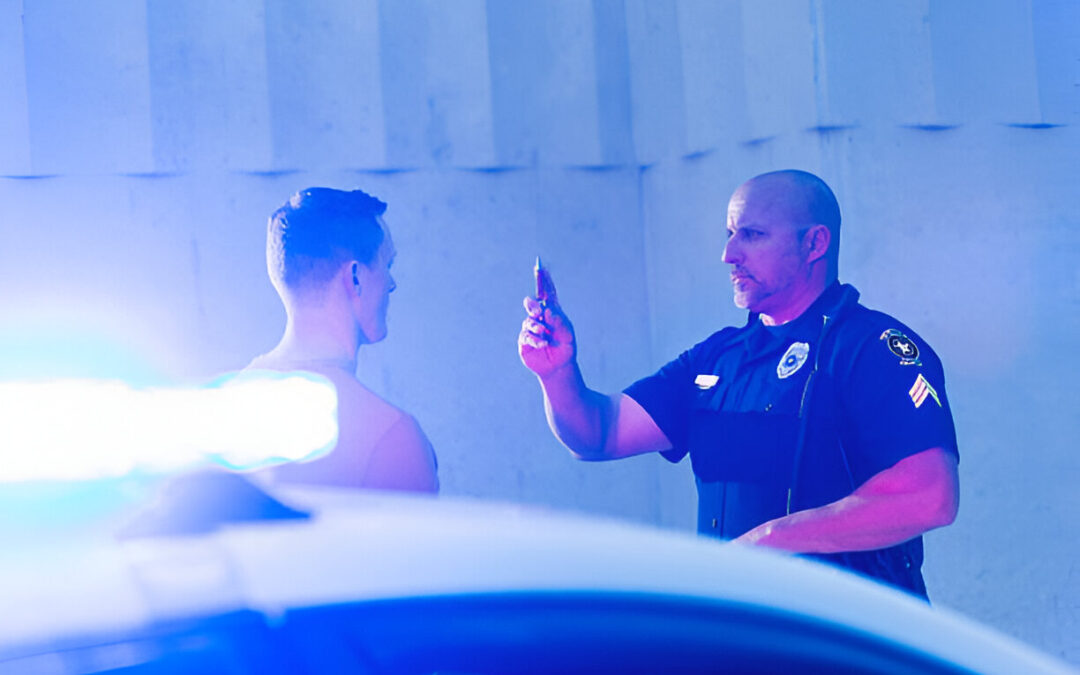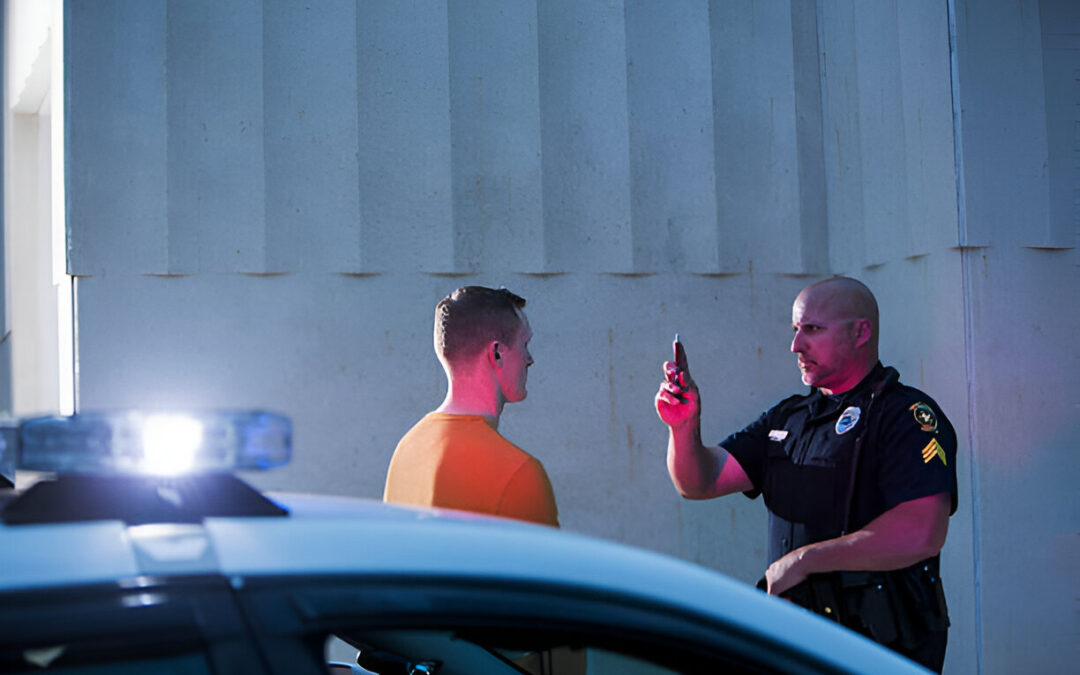Dealing with the aftermath of a car accident is stressful, and finding out your car insurance claim has been denied can add to the frustration. In 2024 alone, over 100,000 vehicle collisions have been reported in Florida, resulting in more than 66,000 injuries and over 830 deaths. By comparison, 2023 saw over 394,000 crashes, with over 251,000 injuries and over 3,400 fatalities. With such high numbers, it’s essential to understand why claims might be denied and what steps you can take if it happens to you. This blog will guide you through understanding a claim denial letter, common reasons for claim denials, and how to address a rejected claim effectively.
What’s a Claim Denial Letter?
Once you submit a claim to your car insurance provider, an insurance adjuster will document the accident details. After examining the information, the adjuster will decide whether the car insurance claim will be approved or rejected. If your car insurance policy does not cover the accident, the insurance company will send you a formal letter explaining the reasons for their decision.
Just because your car insurance claim is denied doesn’t always signify the conclusion of the claims procedure. If you disagree with your insurer’s claim denial, you are entitled to challenge the insurance company’s decision.
3 Reasons Why Your Car Insurance Company Denied Your Claim
- Liability Disputes
Drivers need to behave reasonably to guarantee the safety of others when driving a car. Negligence can be found in drivers who do not show reasonable care and cause accidents. Negligence determines the driver’s responsibility. Nevertheless, insurance companies might argue over responsibility, especially when multiple parties are at fault.
Insurance firms frequently debate over the responsibility of the parties involved. They might allege that you were partly or entirely to blame for the crash, resulting in a rejection. To dispute this, compile any available evidence to support your argument, such as pictures, testimonies from witnesses, and official police documents.
- Policy Limits
Every driver in Florida is required to have at least $10,000 in personal injury protection (PIP) and $15,000 in property damage liability (PDL) insurance. The insurance company could reject the claim if the driver’s policy does not provide sufficient coverage for the damages.
Sometimes, the losses surpass the maximum coverage provided by the policy. If the expenses from the accident exceed the coverage provided by your insurance, the insurance company could reject your claim for the additional amount. In such circumstances, you might have to pursue reimbursement from the party responsible or through additional insurance coverage you have.
- Accident Involving an Uninsured Motorist
While most states require liability coverage, not all require uninsured motorist coverage. If someone causes an accident with you, provides false insurance information, or does a hit-and-run, finding proper insurance details may be difficult or impossible. Your claim could be denied if you do not carry uninsured or underinsured motorist coverage.
Uninsured motorist coverage is optional in Florida, but with it, your claim could be allowed if the at-fault driver is uninsured or underinsured. This situation highlights the importance of having comprehensive coverage to protect against such scenarios.
How Do I Deal with a Rejected Car Insurance Claim?
Communicate With The Insurance Company
The first step is to contact your insurance company to understand why your claim was denied. Ask for a detailed explanation and review the denial letter carefully. Sometimes, denials result from misunderstandings or missing information, which can be rectified with proper communication.
Engage in a calm and transparent conversation with your insurance adjuster, and ask for clarification on any points you don’t understand. Request a copy of your policy to ensure that you know all the applicable terms and conditions.
Gather Records and Other Evidence of the Car Accident
To strengthen your appeal, gather all relevant records and evidence of the car accident. This includes:
- Police Reports: Official accident documentation can provide unbiased details about what happened.
- Photographs: Visual evidence of the accident scene, damages, and any contributing factors can be compelling.
- Witness Statements: Testimonies from individuals who witnessed the accident can support your version of events.
- Medical Records: Documentation of injuries sustained can be crucial, especially for personal injury claims.
Organize these documents and be prepared to present them during your appeal process.
Consider Hiring a Car Accident Attorney in Florida
If communicating with the insurance company and gathering evidence doesn’t resolve the issue, it might be time to consider legal assistance. A car accident attorney can offer expert guidance and advocacy to help you navigate the appeals process and protect your rights.
Our experienced lawyers at Pacin Levine, P.A., are dedicated to offering steadfast assistance and legal advocacy to Florida residents. Call us at 1-800-247-2727 to review your situation and consider your legal choices.



